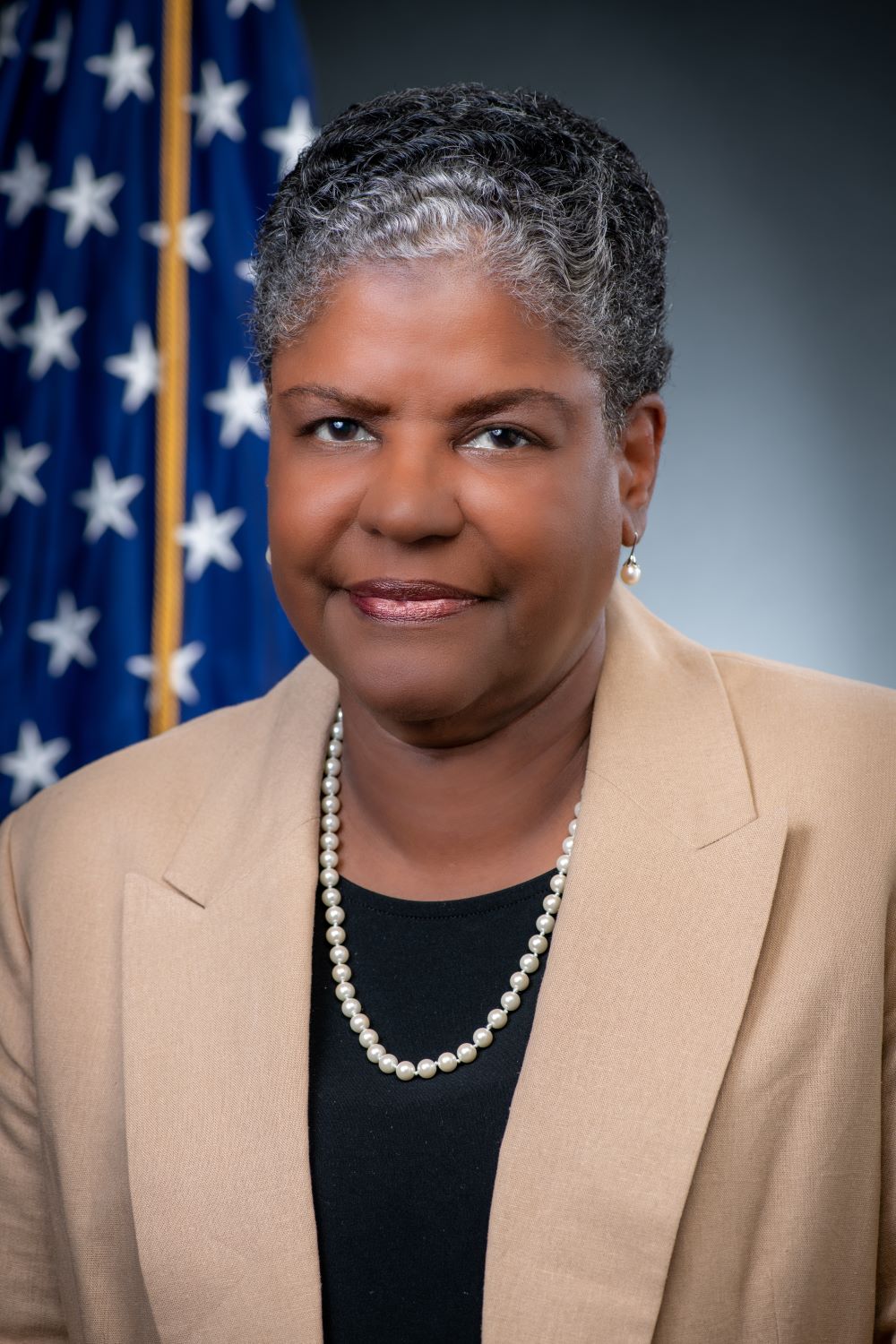Opening Remarks
Fall 2023
Pages in this Newsletter
A quarterly e-newsletter in which the Centers for Disease Control and Prevention’s (CDC) Office of Health Equity (OHE) shares news, perspectives and progress in the science and practice of health equity.

Fall has arrived in Atlanta, and what a welcome relief from the summer heat. Of course, with cooler temperatures come the respiratory virus season. CDC is prepared!
The annual Ad Council, CDC, and American Medical Association flu campaign launched in September with a media tour promoting GetMyFluShot.org. Conducted in English and Spanish, to date, a combination of more than 265 TV and radio stations have aired interviews with CDC and AMA subject matter experts to encourage people to get vaccinated. There are 3 viruses – COVID-19, influenza, and RSV, co-circulating this year. While anyone can get a respiratory virus infection, some people have a higher risk of getting very sick from it. For example, children 6 months – 5 years old are at higher risk of serious flu complications. In fact, last flu season, CDC reported 172 flu-related pediatric deaths, and 80% of those children were not fully vaccinated against flu. Flu can be serious for children, and a flu vaccine is the best way to protect kids from flu. People 65 years of age and older and people with disabilities are also at higher risk for hospitalization as a result of a severe respiratory infection. CDC encourages everyone six months and older to get a flu shot and an updated COVID-19 vaccination. Your healthcare provider is the best person to determine if you should receive the RSV vaccination. The good news is you can get more than one vaccination at a time and save time and trips to the pharmacy or doctor’s office.
Given the disproportionate impact of respiratory viruses on communities of color, the Office of Health Equity is reaching out to partners to share prevention messages and encourage everyone to get vaccinated. Black, Hispanic and Latino, American Indian, and Alaska Native Americans are at higher risk for being hospitalized due to longstanding health inequities such as barriers to accessing health care, including lack of health insurance or inadequate coverage, limited or no transportation, or the inability to take time off from work. There is still lots of misinformation and disinformation about vaccines, and we are working hard to get credible information to the public.
This year, CDC is in an “all hands-on deck” posture to take actions that will reduce the potential impact of the 2023-2024 Fall/Winter respiratory virus season. There are a number of tools available to protect you, your family, co-workers, and community from respiratory viruses:
Safe, updated vaccines – For the first time ever, vaccines and other preventive antibodies are available for all three major fall and winter respiratory viruses: flu, COVID-19, and RSV.
Widely available effective treatments – Treatments available for flu and COVID-19 can reduce the risk of severe illness, hospitalization, and death.
Rapid antigen tests – These tests, some of which can be used at home, can quickly detect viruses so there are no delays in getting treatment and taking steps to protect family and coworkers.
Everyday actions – Covering coughs and sneezes, frequent handwashing, wearing masks, improving air quality, and staying home if you are sick can help reduce the spread of respiratory viruses.
This year don’t miss out on special events and gatherings or decide to “gamble” on getting a respiratory virus or not. You can protect yourself, loved ones, neighbors, and even strangers by getting a safe and effective vaccination. Let’s also avoid overtaxing the health care system and our healthcare workers by taking every preventive measure available to us. It takes a village to slow the spread of respiratory viruses and we’re all part of the village.
In this issue of Health Equity Matters, as always you will find lots of timely and informative articles featuring a wide range of health equity topics. I am particularly honored in this issue to recognize Dr. Roland Thorpe as our Health Equity Champion! Dr. Thorpe is a distinguished scholar, educator, administrator, and mentor on the faculty of the Johns Hopkins Bloomberg School of Public Health. Beyond his research, leadership, and contributions to health equity, he is an overall good guy. He has never said “no” to the Office of Health Equity when we have sought his support and participation on high stakes and high visibility activities. He graciously agreed to serve as Guest Editor for the special issue of Pedagogy in Health Promotion on the now John R. Lewis CDC Undergraduate Public Health Scholars Program. He provided a keynote presentation during one of the Lewis/Ferguson showcases effectively engaging more than 250 students in thoughtful considerations of what it means to have a career in public health. Dr. Thorpe is championing a national research and action agenda to improve the health and wellbeing of African American men. I could go on, but I will end by simply saying, “thank you, Dr. Thorpe!” You are in all ways a Health Equity Champion!
I hope the beauty of fall is surrounding you as you read this issue of Health Equity Matters. Don’t forget to share this issue with friends and colleagues. Encourage them to subscribe! We are confident every reader will walk away with some new knowledge and inspiration to join us in “baking in” health equity into all your public health endeavors.